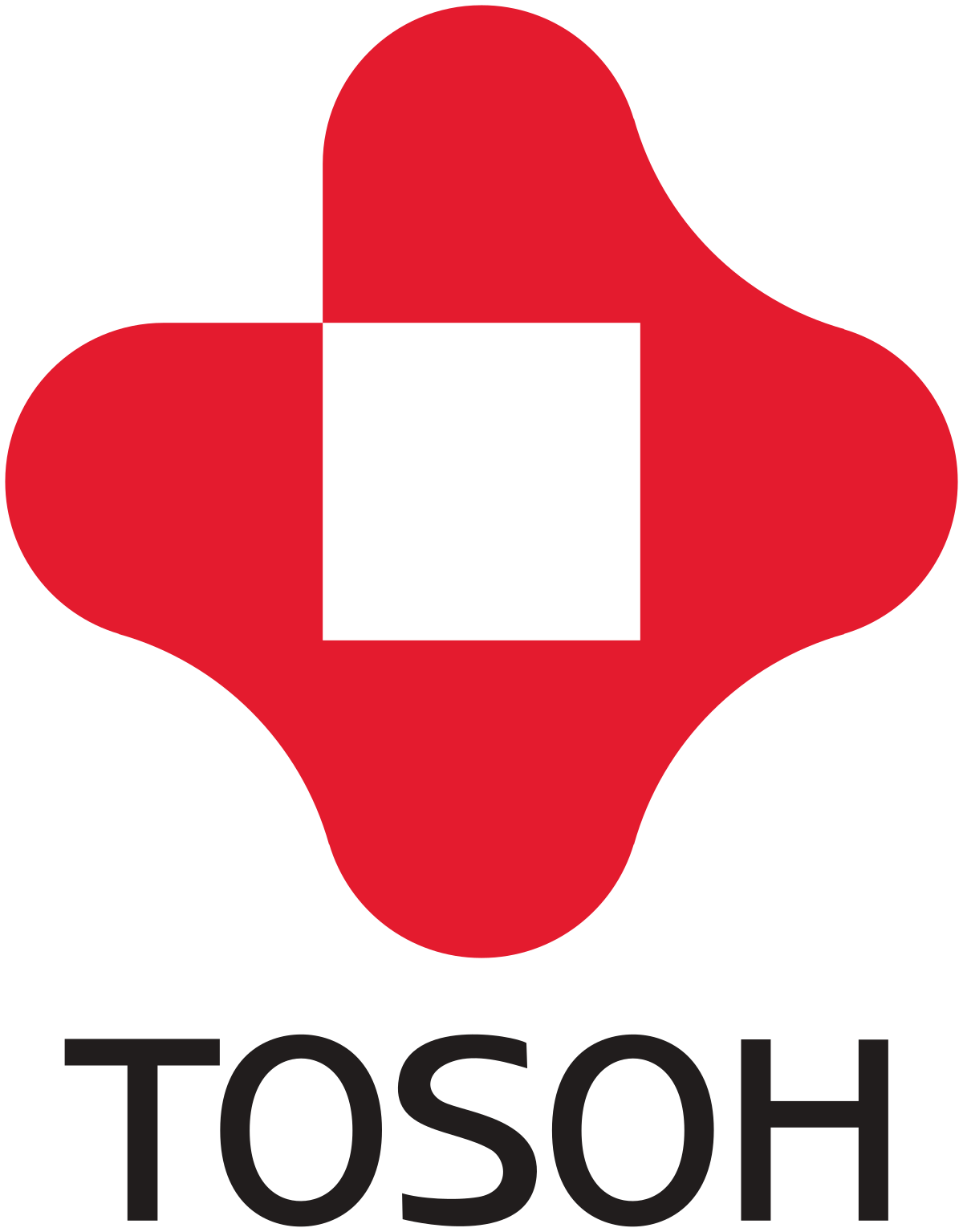Replatforming Purification: Mixed-Mode Materials and Models for Modern Biologics
with Nick Vecchiarello
About This Meeting
Replatforming Purification: Mixed-Mode Materials and Models for Modern Biologics
Preparative chromatography remains a cornerstone in biologics purification. For decades, biomanufacturing has benefited from highly platformed processes, particularly for monoclonal antibody (mAb) therapeutics, where Protein A chromatography and well-established polishing workflows have enabled streamlined development and predictable performance. However, the diversification of therapeutic modalities has strained these established platforms, creating new challenges in selecting appropriate chromatographic resins and operating conditions—especially for the efficient removal of host cell proteins and product-related variants. Many commercial polishing resins have been optimized specifically for mAb processes, and their broader utility is limited when applied to novel biologics with challenging impurity profiles or in the absence of a Protein A capture step. As the therapeutic landscape evolves beyond traditional antibodies, there is a pressing need to rethink and redesign chromatographic resins and workflows. Further, to efficiently leverage these new separation materials, there is also a need to deeply understand their selectivities and binding behaviors to help inform rational process design.
In this talk, we present the development of novel mixed-mode chromatography resins designed in our lab to address these challenges. We highlight structure–function design rules that investigate how ligand chemistry, flexibility, and geometry influence protein adsorption and selectivity, enabling more orthogonal separations between chromatography steps. Leveraging these new materials, we describe the use of high-throughput screening techniques, requiring minimal material and time, to calibrate mechanistic models that quantify the thermodynamics, kinetics, and transport behaviors of protein in chromatographic materials. These models support in silico simulations of chromatographic performance and can provide predictive insights to accelerate the development of robust purification processes and control strategies. By integrating newly designed materials with these high-throughput and modeling techniques, we offer an alternative paradigm for chromatography development for process development; rather than relying on fixed platform processes tailored to mAbs, our approach enables the creation of flexible, data-driven platform approaches that can be adapted across a wide range of biologic modalities. This strategy has the potential to reduce development timelines, enhance process robustness, and meet the evolving needs of emerging classes of biologics.
-
Pricing - Registration: Non-Student $20
- Registration: Student $10
-
Event Times - 12:00 AM Executive Committee Meeting
- 05:30 PM Social Hour
- 06:15 PM Dinner
- 06:45 PM Presentation
-
Location -
Meal Options - Cheesesteaks (Traditional And Chicken), Salad, And Dessert.
